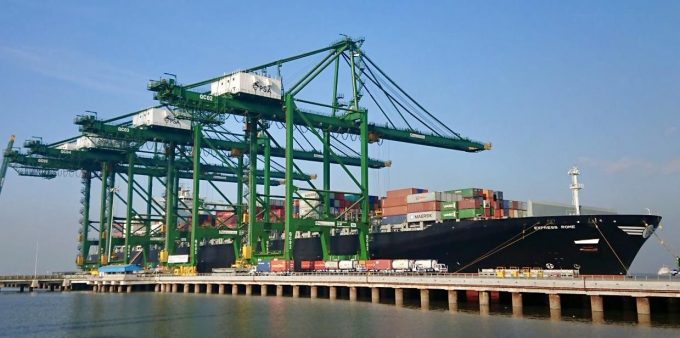Multiple factors return Rotterdam to top of Europe's box chart
Factors: congestion, omissions and land side

Current trends suggest a return to some sort of rate stability in the Indian market.
This has, seemingly, given rise to the return of booking cancellation charges – back to haunt shippers seeking spot bookings.
Indian exporters and freight forwarders have taken hefty GRI hits over the ...

Comment on this article